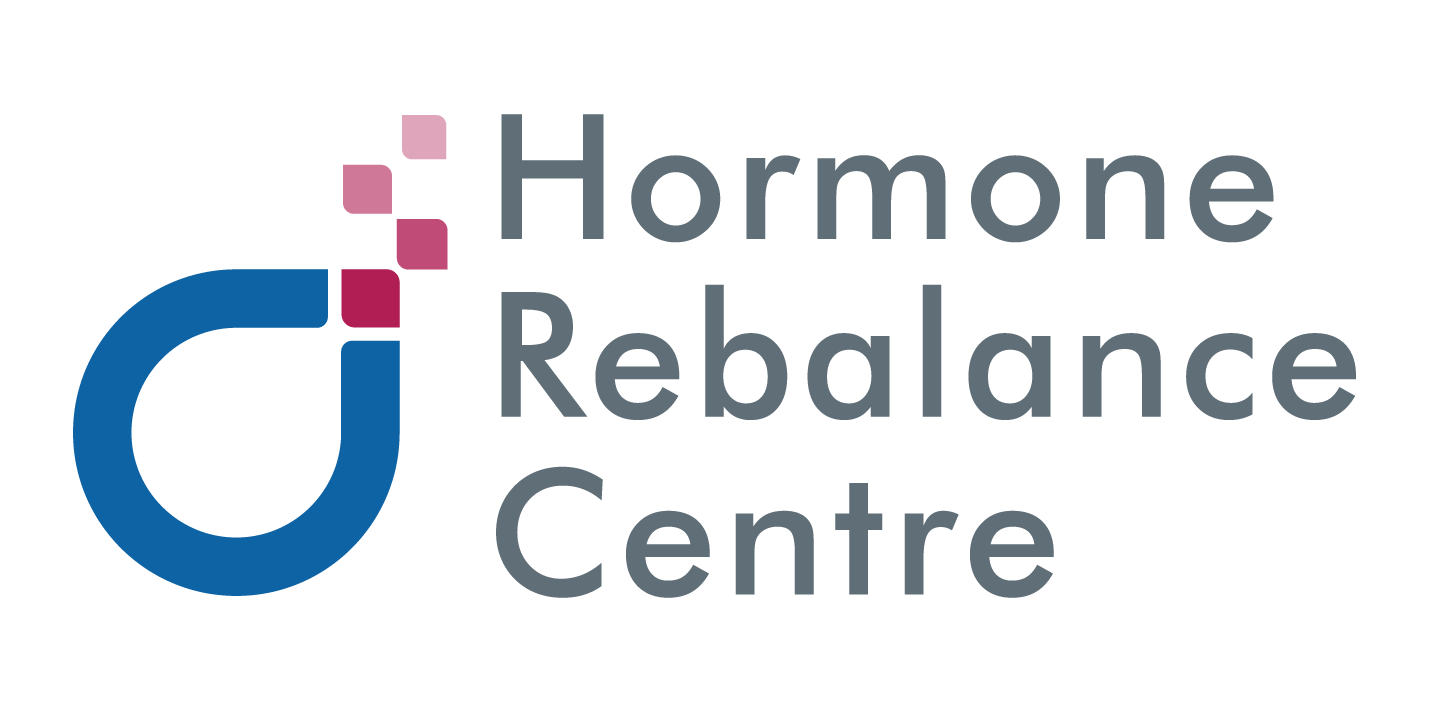Do I need Antibiotics? Understanding a Bacterial versus a Viral Infection:
Bacteria are single celled microorganisms that cause infections such as Strep throat and Tuberculosis. A virus is even smaller in size and cannot survive without a living host, such as humans. It is the cause of infections such as mono, influenza and the common cold. However, what is arguably the most important distinction is that antibiotics are only effective against bacteria and are useless against viruses.
All cases of the flu are due to some strain of the Influenza virus, which changes with every season. Sometimes it may be prevented with the flu shot however once affected, there is not much you can do other than rest, support the immune system and let it run its course.
With regards to the common cold however, as much as 70% of cases are viral in origin. This means that 70% of the time, you don’t need an antibiotic to help relieve your symptoms. In spite of this, research has found that up to 60% of patients with a cold are prescribed an antibiotic. This poses not only an added cost to the healthcare system, but a health risk to the public due to the emergence of antibiotic resistant bacteria as well as unnecessary side effects to the gastro-intestinal system and risk of developing sensitivities from overuse.
Next time when you go to the doctor’s office with a sore throat, request a Rapid Strep Test which provides immediate results, as well as a culture which will take 2 days to determine the specific microbe at fault. In the meantime, there are many ways to support the immune system and most likely a few days is all it needs to run its course. Read here to get more tips on how to stop a cold in it’s tracks!
Makela, J. M., et al. Viruses and Bacteria in the Etiology of the Common Cold. J Clin Microbiol. 1998 February; 36(2): 539–542.

No Comments